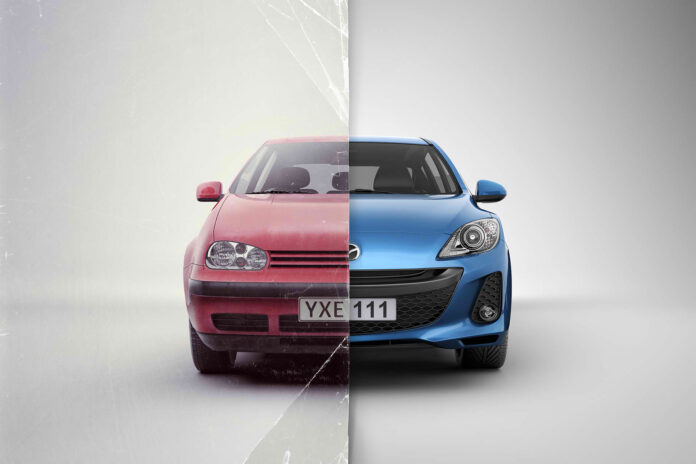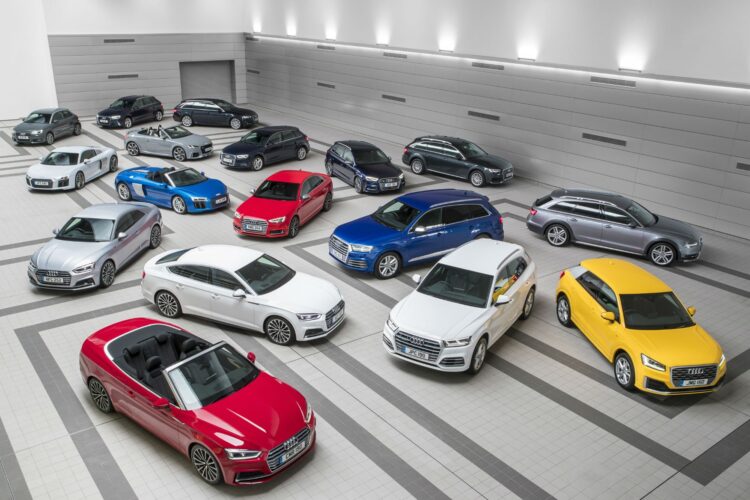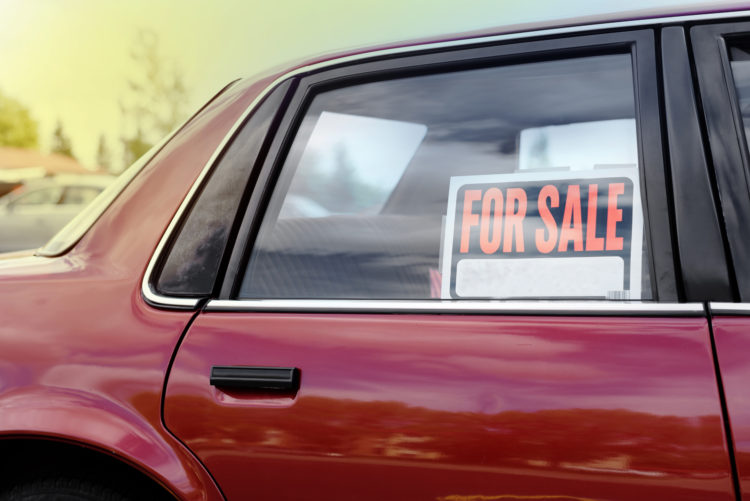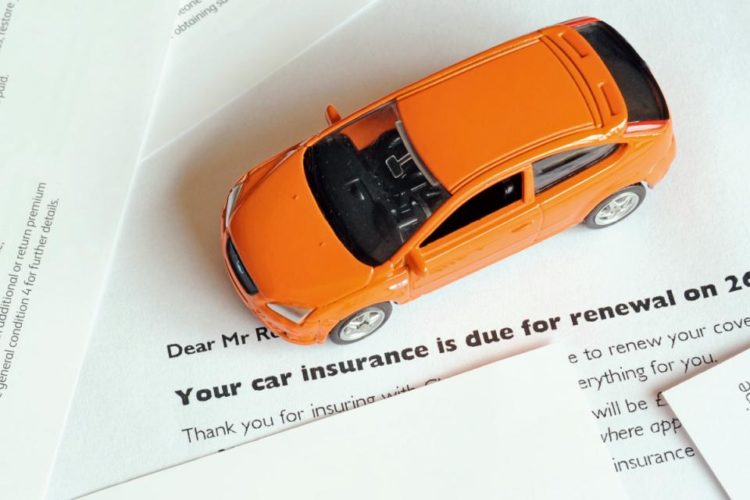
If you’re in the market to replace your current car, or if you don’t have one at all right now, it’s time to dive into some online research about which type of vehicle you should consider purchasing.
Before making your final decision, there are many considerations. Being thoughtful before making such an important purchase is the best way to prevent buyer’s remorse or a financial disaster.
As you consider what make and model you’re looking to buy, you must first decide whether buying a new, factory-fresh car or purchasing a pre-owned vehicle is the right choice for you. Here are the things you should think about when coming to a smart conclusion.
The Benefits of Buying a New Car

There’s nothing quite like that new-car smell and knowing that your vehicle has never been driven long-term before by anyone other than you. These are the most basic of benefits you get when purchasing a new car off the car lot, like at zeckford.com.
Brand-new vehicles come with a warranty that covers big, expensive repairs. Should your new car break down, you’re likely to find you don’t have to pay a penny out of pocket to fix it.
New cars also have low mileage, usually as close to zero as possible, minus test drives and being moved into new positions around the car dealership’s lot. This means your odometer gives you a clean slate; there’s no wear and tear on your vehicle at all.
You might find that owning a brand-new car improves others’ perceptions of you, especially if you’re in a high-level position in the company that employs you. If you’ll be driving around visiting executives, a new vehicle is likely far more impressive and professional looking than an old, dented beater you’ve been cruising in since college.
Cars with the latest engines and technology are more fuel efficient than older ones. If you’re looking to fill up at the pump less frequently, a new car could help you achieve that. Upgraded safety features are also available on new models, like lane-keeping assist, pre-collision technology, and more. You’d need to spend a lot of money on aftermarket parts to achieve the same thing in an older car.
And finally, when you purchase a brand-new car from the dealership, you’ll find that lenders are more likely to give you slightly lower interest rates than if you purchased a used car. Plus, you may be eligible for purchasing bonuses through the dealership or manufacturer, such as cash back, no interest for a certain time period, or a rebate.
The Cons of Buying New

The biggest downside to buying a new car is generally the price tag. Because brand-new vehicles fresh from the factory come with a suggested retail sales price from the manufacturer, and because the car dealership has had to purchase these new vehicles at a wholesale price, they are looking to achieve a reasonable profit margin.
You may also find that new cars come with much higher property taxes or registration fees than used cars, depending on where you live. Before buying a new car, research how much these two bills will set you back to make sure you can afford the purchase.
The Benefits of Buying a Used Car

If you’re looking to spend less money on a vehicle, a used car is the best choice for you. With their lower purchase price, you can stick to your budget and still get a car you like to drive. Because the purchase price is lower than that of a brand-new vehicle, you could pay off your car loan faster even if you make the same dollar-amount in payments every month as you would on a brand-new car at full price.
Older vehicles also tend to have cheaper insurance premiums than brand-new ones. If you like to save money on all your bills, a used car will make sure your insurance is a more affordable rate.
Smart shoppers prefer used cars because they can make more informed decisions when it comes to choosing the best make and model. Because the car has been out and on the road for a longer period of time, there have been ample opportunities for reviewers to write about the vehicle and for reliability statistics to have come in. If you want complete research on the quality of a car you’re considering, purchasing a used car allows you to use all that information to your advantage.
High-quality used cars are often in great condition, and many people won’t even know you purchased a used vehicle. Shop around for vehicles that have been well cared for, and you’ll be rewarded with one that appears to be in mint condition.
Finally, buying a respectable used car could make you appear financially responsible. Frugal people know that used cars can be just as wonderful to own and drive as new ones, but are much more affordable overall. If this is the perception about yourself that you’d like to put out into the world, consider buying used from reputable car dealerships who guarantee their customer service.
The Cons of Buying Used

Used cars, while great options for most people, simply won’t do for others. Used cars have been previously driven and already have mileage on their odometers. When you buy a used car, realize it may not last you as long as a brand-new car, because it already has years of wear and tear from driving on it.
You may not know the full history of a used car. Automotive reports, like CarFax, can be helpful in determining whether the car you’re considering buying is a good bet, but you must still tread carefully. Choosing a reputable car dealership to buy a used car from, or sticking with only certified pre-owned cars at your dealer of choice, will help you get a good value.
It’s Time to Make Your Choice!

Now that you know the benefits of buying new cars and used cars, you must decide on your own the best route to take before you make this important investment. You should ask trusted friends and family members for their advice, and take that into consideration before you go car shopping.
Do online research and gather as much information about all the vehicles you’re considering before heading to the dealership and strolling around the lot to see what’s available. When you think critically about all your options, you’ll find that you are capable of making the best decision when it comes to buying a new car versus a used car – whichever is right for you.











